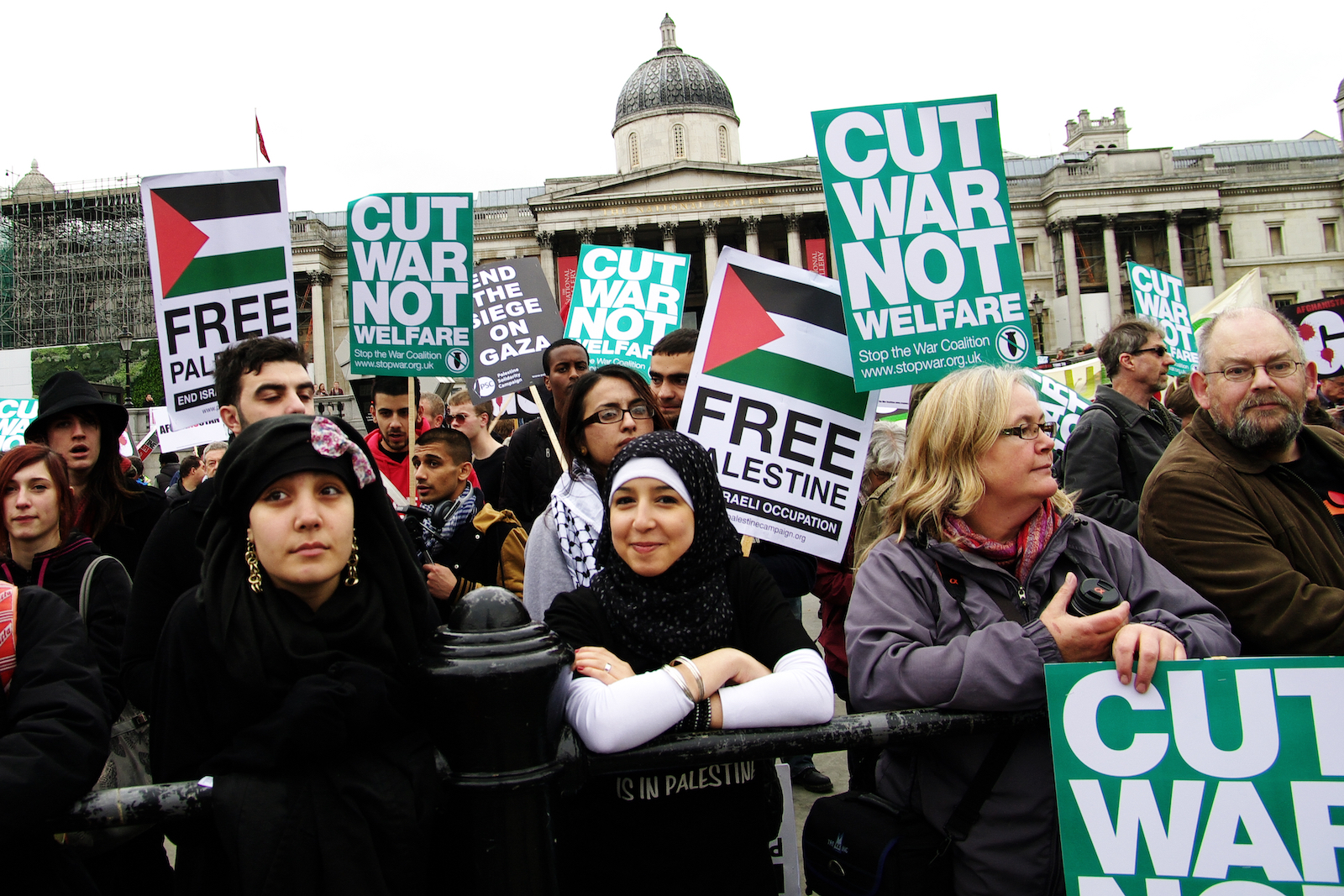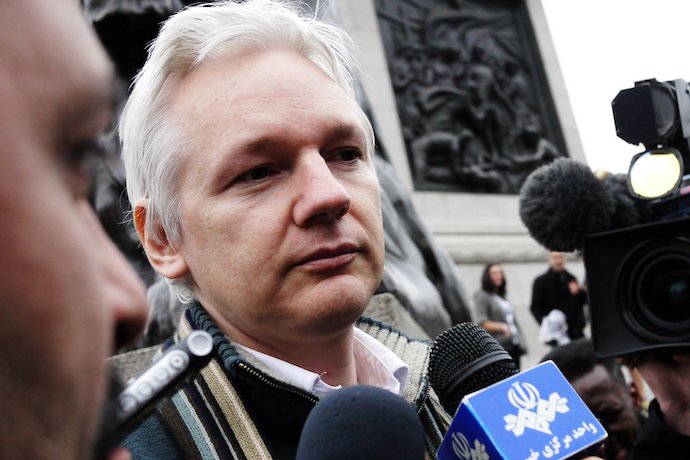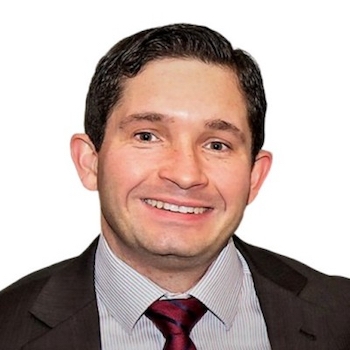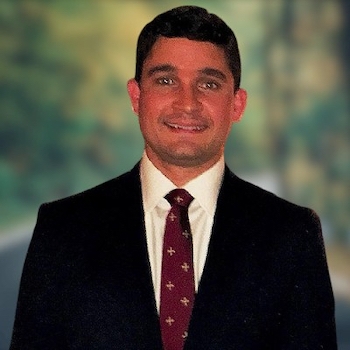
Assange and the Anti-War Mass Assembly in Trafalgar Square
October 8, 2011 marked the tenth anniversary of the founding of Stop the War Coalition in London, the most active group in Britain campaigning against the wars in Afghanistan and Iraq. Amidst the bustle of Trafalgar Square, a site which has seen many political and anti-war rallies over the years, and which now prominently displays the official clock to count down London’s unprecedented third Olympic Games in 2012, a rather sundry group of individuals poured in at noon with flags and signs calling attention to various issues under the umbrella of the anti-war movement ranging from Afghanistan to Palestine to Syria.
The Anti-War Mass Assembly featured such notable speakers as the infamous WikiLeaks founder Julian Assange, former MP George Galloway, human rights campaigner, journalist, and socialite Jemima Khan, and Australian journalist John Pilger. Notwithstanding the heavy police presence, the anti-war demonstration was by most accounts orderly, especially considering some of this past weekend’s global Occupy Wall Street events such as the one in Rome.
Standing in the shadow of Nelson’s Column, a decidedly anti-American tenor that permeated the demonstration became increasingly apparent not only with each successive speaker but with members of the crowd speaking out against an American foreign policy agenda that they believe espouses imperialism in the name of democracy.
One demonstrator was seen wearing a large sign depicting an imperialistic death figure taking off a flesh mask of George W. Bush while assuming President Obama’s identity. Another demonstrator defiantly held a sign emphasizing America’s use of nuclear weapons. Speakers also voiced discontent with Westminster’s complicity in what they perceived to be America’s imperialistic war machine.
George Galloway, speaking in front of a large video monitor with the word “Bliar,” a metathesis of “Blair” referencing the former prime minister’s handling of the war on terror, was indeed critical of Tony Blair: “We didn’t stop the war but we discredited it such that the criminal Blair can walk the streets anywhere in the world except the country of which he was prime minister ten years ago.” He further emphasized Westminster’s “appetite for everlasting war” and added that “as long as we tolerate a Parliament of poodles with pagers who follow the leaders wherever the leaders want to go, our country [Britain] will be dragged into still more war.”
Suffice it to say, the role of the United States and its allies in the war on terror remains a contentious issue and one that has sparked much debate over the past decade. Among the high profile speakers in attendance, Julian Assange delivered a particularly captivating speech to the crowd on hand. This rare appearance by Assange, at once esteemed in some circles and yet reviled in others, was an extraordinary opportunity to hear firsthand the opinions of an immensely controversial figure that has had a profound impact on drawing attention to the issues of accountability and transparency within the global political realm.

In addition to his whistleblowing, the recent unauthorized release of his autobiography has perhaps made him even more controversial. Assange spoke for approximately seven minutes concerning values, democracy, the dissemination of lies, and the pursuit of truth. Invoking former Prime Minister Margaret Thatcher, Assange declared: “The reality is Margaret Thatcher had it right. There is no society anymore. What there is, is a transnational security elite that is busy carving up the world using your tax money. To combat that elite we must not petition. We must take it over.”
Indeed, Assange’s sweeping statement was well received by the audience. He proceeded to talk about the ways that wars come to be and come undone, contending that “in democracies, or the pseudo-democracies that we are evolving into, wars are a result of lies.” He cited the role that the Gulf of Tonkin incident played in the Vietnam War as an example of a war predicated on lies.
In perhaps his most striking statement, Assange asserted that the lies are “war by media” and proceeded to unleash a diatribe against journalists: “When we understand that wars come about as a result of lies peddled to the British public and the American public and the publics all over Europe and other countries, then who are the war criminals? It is not just leaders. It is not just soldiers. It is journalists. Journalists are war criminals.”
Continuing in this vein, he affirmed that “the reality that is constructed around us is constructed by liars, is constructed by people who are close to those that they are meant to be policing,” insinuating in no uncertain terms the complicity of the mainstream media in precipitating and perpetuating war. “If wars can be started by lies,” so stated Assange, “peace can be started by truth.” Ever the self-righteous crusader, Assange ended on this “optimistic understanding” urging demonstrators to “go and get the truth…get into the ballpark and get the ball and give it to us [WikiLeaks] and we’ll spread it all over the world.”
Apart from Assange’s ostensibly provocative claims about journalists, perhaps no statement was quite as bold as the one voiced by Jemima Khan: “There comes a moment when you have to ask what is more dangerous, terrorism or counterterrorism.” Khan’s incisive remark not only encapsulated the anger expressed by demonstrators over the sheer number of casualties and war expenditures but brought into question the efficacy of the war on terror.
In what culminated in a march down Whitehall to 10 Downing Street led by 106-year-old Hetty Bower, a more than seasoned campaigner for peace, democracy, and human rights and one who marched in the General Strike of 1926 and every Stop the War Coalition march since the organization’s inception, familiar sounds of Rage Against the Machine could be heard booming in the background. A sea of signs with such headings as “AfghaNOstan,” “Bliar,” “Troops Out of Afghanistan, No More Imperialist Wars,” and “Cut War Not Welfare” engulfed the landscape.
Demonstrators lashed out at Prime Minister David Cameron demanding that money being spent on the war effort be invested in such areas as health and education. This Anti-War Mass Assembly is one of the many ongoing demonstrations around the world that epitomizes the public’s desire to restore a true sense of democracy within governments that have failed to facilitate decision-making in an open, participatory process and that have seemingly ignored citizens and their demands rather than truly listening to them. In many ways a microcosm of a larger issue concerning government accountability, the Anti-War Assembly was focused on holding the British government accountable for investing in the war on terror at the expense of contributing money to crucial domestic issues.
Similar to the Anti-War Mass Assembly, a growing discontent among the public has manifested itself once again in the form of Occupy London. This event occurred last weekend in solidarity with Occupy Wall Street, a movement that has brought considerable attention to various issues, including economic inequality and burgeoning corporate greed, as indicated by the subsequent events it has spawned around the world. To be sure, these demonstrations have emphasized the people’s desire for adequate representation in society.

